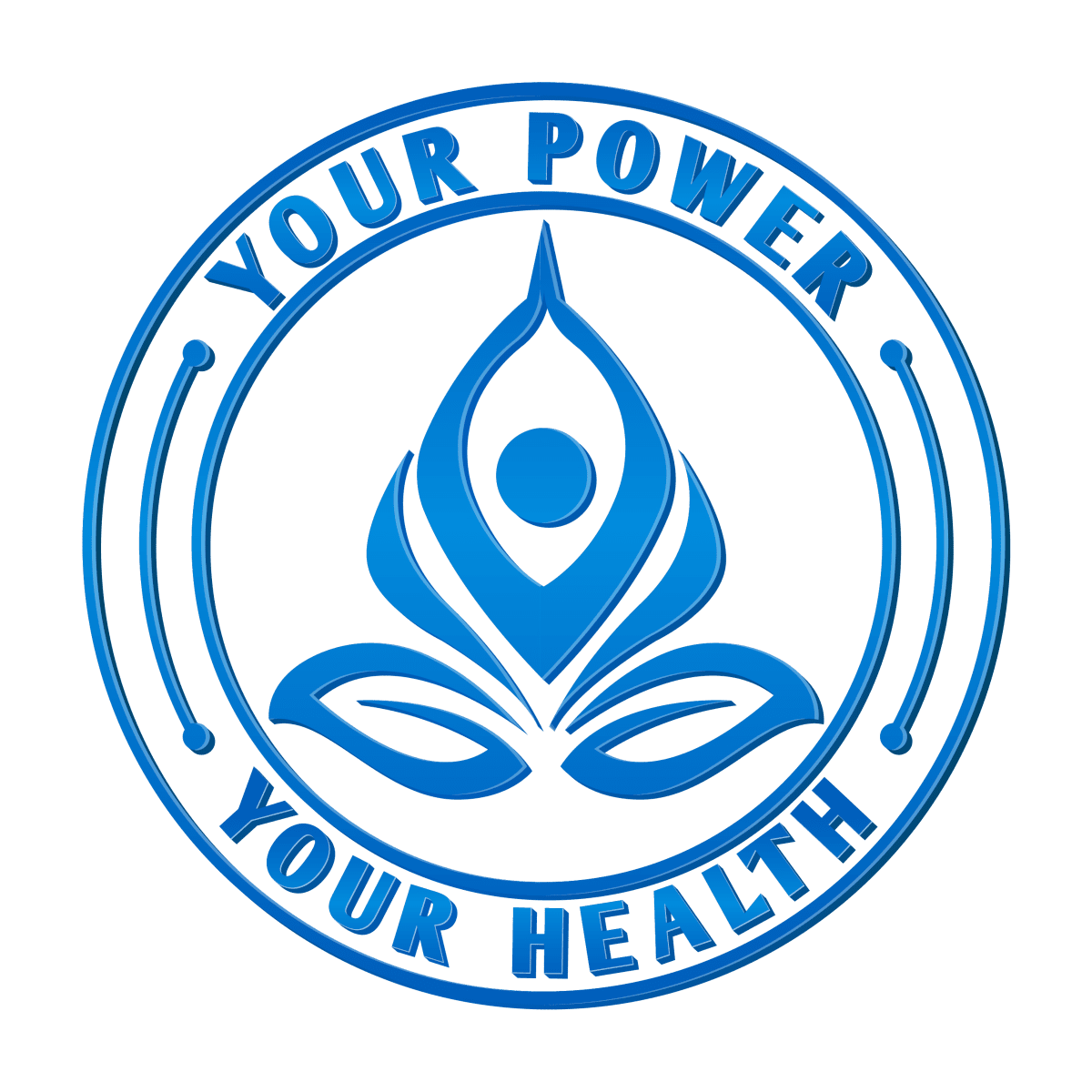The USDA recommends drinking three glasses of milk per day, based on nothing scientific. And coincidentally (or not), the panel who sets the “healthy” eating guidelines is made up of “experts” from the very industries that will benefit from increased consumption of their products. So the dairy consumption guidelines are coming from the people who stand to gain the most from our drinking more milk.
Walter Willett M.D., Ph.D, head of Nutrition at the Harvard School of Public Health and the second most cited scientist in all of clinical medicine is very critical of the government’s food guidance, especially when it comes to dairy consumption. Following are some of his reasons why we shouldn’t consume dairy:
- Milk does not reduce fractures – contrary to what we have been led to believe, milk does not reduce fracture risk and according to the Nurses’ Health Study, it may even increase the risk by 50%
- Less dairy, stronger bones – cultures like those in Asia and Africa that consume little or no dairy have lower incidence of osteoporosis than cultures that do consume dairy
- Calcium does not protect bones like we thought – in studies of calcium supplementation, it’s been found that calcium does not prevent fractures and that Vitamin D is much more effective
- Calcium may raise cancer risk – research has shown that increased consumption of calcium and dairy may increase a man’s risk for prostate cancer by 30-50% and dairy consumption increases the body’s level of IGF-1(insulin like growth factor), which is a known cancer promoter
- Calcium but not dairy, has some benefits – Calcium supplements may have protective qualities against colon cancer
- Not everyone can process dairy – it’s believed that about 75% of the world’s population is lactose intolerant rendering them unable to properly digest milk
We all need calcium but probably not as much as we’ve been led to believe. Men probably should not take calcium supplements while women probably should supplement with some calcium along with Vitamin D.
Milk does not enhance sports performance as again, we are led to believe.
Until about 10,000 years ago, humans didn’t consume another animals milk. Most humans stop producing lactase, the enzyme needed to break down dairy by the time they are between 2-5 years old. We have no need to consume any milk once we are weaned from breast milk or formula. There are other food sources from which you can get the nutrients found in dairy that are easier for our bodies to process.
To see if you are lactose intolerant or have some other sensitivity to dairy, try giving up all dairy (yes, even cheese) for two weeks and notice the changes in your body. You may find that post nasal drip and congestion go away, you may lose abdominal bloating, your energy may increase, headaches might diminish or disappear, your weight may decrease. These are all signs that dairy is not your friend. If you choose to reintroduce dairy into your life, you may not like the effect. Listen to that feedback your body is giving you and consider taking dairy out of your diet forever. You’ll be glad you did.
As a health coach, I work with women who are facing serious health challenges like heart disease, metabolic syndrome and diabetes or who have been diagnosed as having a precursor to a serious health issue such as high blood pressure, high cholesterol or high blood sugar. I help them make food and lifestyle changes so they can get healthy, live longer and enjoy a fuller, happier, more energetic life. If you would like to have a free consultation about the health challenges you have and the improvements you would like to see in your health, click here to schedule a no strings attached call.






